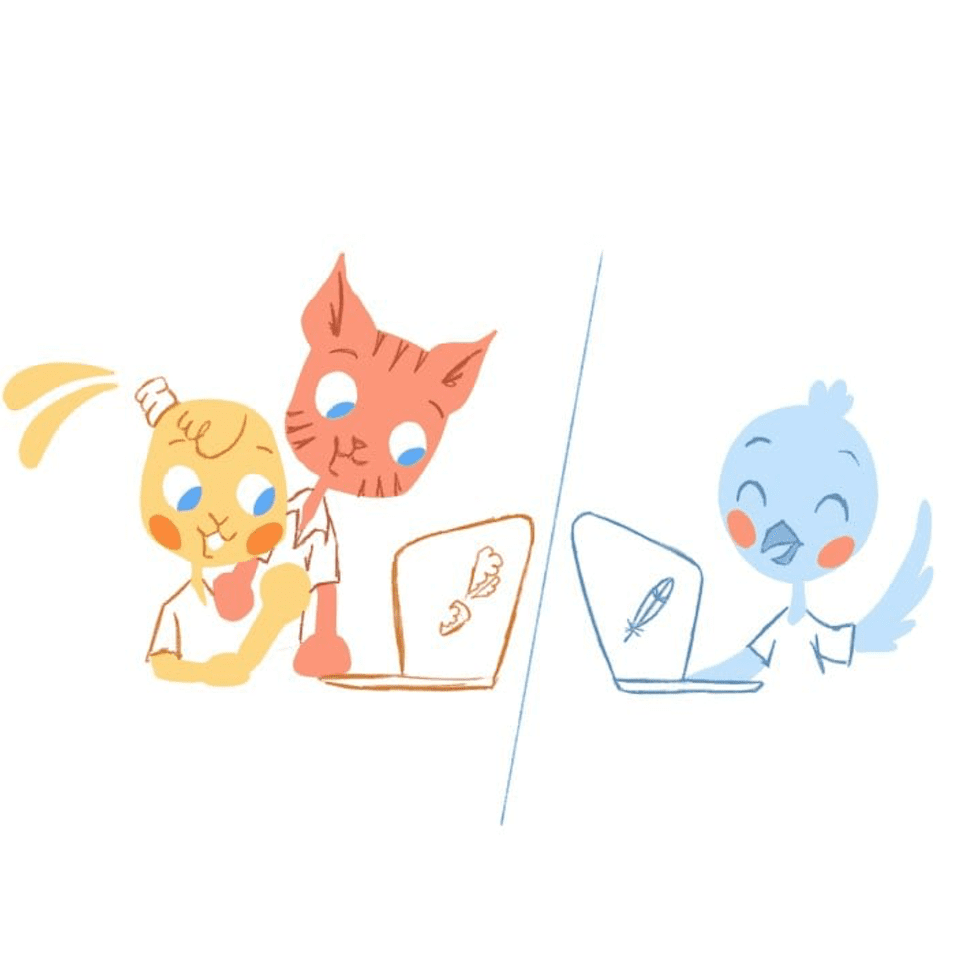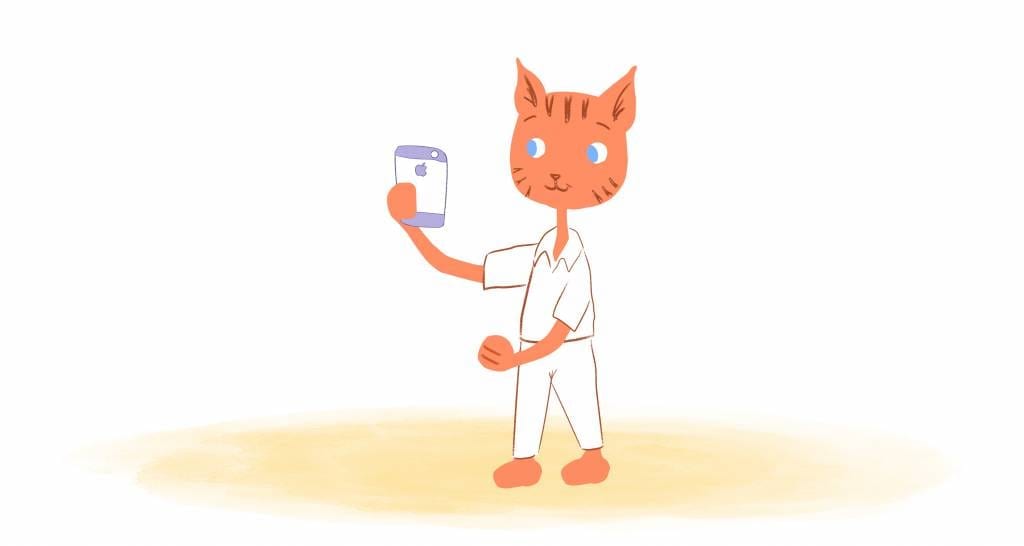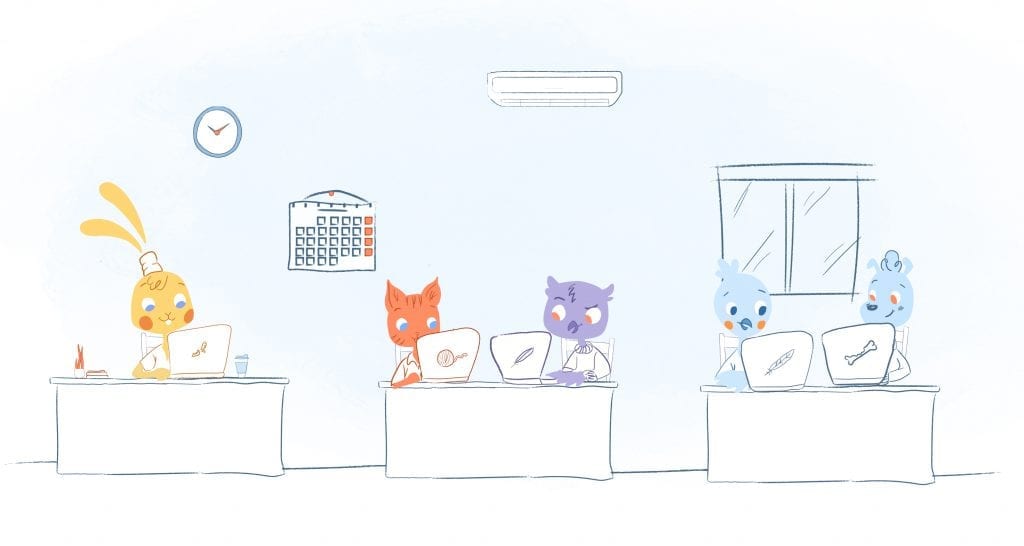

I recently upgraded my phone. And, in the immortal words of Hulk Hogan, let me tell you, something brother. I definitely do not miss the days when you had to reinstall all of the apps you had previously downloaded manually. You still have to log in to these apps after getting a new device. But, that’s not that big of a deal when compared to how things used to be. But should you really permanently quit social media?
Because I’ve been busy at work, I didn’t have a chance to log in to all of my downloaded apps at once. Instead, I focused on the essential like my email. But, whenever I had some downtime or needed to use a specific app, I would handle this task. Along the way, a funny thing happened. I realized that I hadn’t logged in to some of my social media accounts for quite some time. And, I was perfectly fine with that. I was so content with being off social media that I’m considering getting rid of it permanently.
Then again, recent events in 2020 around the Coronavirus and the mandated lockdown have me worried about disconnecting from social media, which is a lifeline to many colleagues, friends, and family. While there is a lot of potential fake news on there, many social media channels also provide live video and ways to stay in touch that seem more important than ever.
Is social media use declining?
Quitting social media is a thing. At the beginning of 2019, BuzzFeed talked to several Millenials, and Gen Zers were resolved to either quit or at least take a break from social media in the upcoming year. While I don’t think that people will completely give up on social media, it has become a part of our daily lives; it’s interesting how people have begun to change their views towards social media.
Personally, I rarely go onto platforms like Facebook or Twitter anymore. I’m just not really interested in posting updates throughout the day or getting sucked into activity feeds. Professionally, however, I still rely on mediums like LinkedIn. So, this decides to quit social media a bit trickier permanently.
The case for staying on social media.
While social media sometimes gets a bad wrap, you can’t deny that it can be beneficial. For example, it can help you reconnect with long lost friends and establish new meaningful relationships. As a business owner, the latter is most important to me. Through social media, I’ve been able to engage my customers and even recruit top talent.
Social media is also a low-cost and effective way to build my brand and market my business. It can also be used to conduct market research and gain real-time feedback. And, social media can be used to develop skills for both myself and my team by being able to connect with various other professionals online.
Most impressive, it’s been found that employees who use social media for work are more engaged. The reason, as Lorenzo Bizzi explains in the Harvard Business Review, is because it helps people collaborate, share ideas, and solve problems. Research has also found that social media can strengthen workplace relationships and support decision-making processes.
And, social media can be used to grow your business. Mainly this is because it can drive traffic to your eCommerce site, gives you a chance to tell your story, and allows you to provide value to your audience.
Why you should quit social media.
Now, let’s get into why you should delete all of your social media accounts.
For starters, you’ll regain more time in your day. The exact amount will vary. But, considering that the average person in the US spends one hour and fifteen minutes per day on social media. That might not seem excessive to some. But, those hours can quickly add up to make social media a serious time waster. I feel that this downtime could be spent on something more productive, like reading, journaling, volunteering, or taking care of your well-being.
Speaking of your well-being, getting off of social media is also good for your overall health. Research shows that limiting your exposure to social media reduces anxiety and depression.
“Here’s the bottom line,” said Melissa G. Hunt, who conducted the study No More FOMO: Limiting Social Media Decreases Loneliness and Depression. “Using less social media than you normally would lead to significant decreases in both depression and loneliness. These effects are particularly pronounced for folks who were more depressed when they came into the study.” Other studies have found that getting off social media can improve your mood since you’re constantly comparing yourself to others.
Furthermore, it might also improve your sleep. The main reason is that you aren’t on your phone checking out your feeds right before bed. As you know, phones emit blue light, which stimulates your brains. And, you’re also not disrupting your sleep by being woken up to a notification.
Also, you may even change your sedentary lifestyle. Instead of sitting down and scrolling through Instagram, you might go for a walk or hit the gym.
If you’re still not convinced that it’s time to throw in the towel on social media, here are a couple of other reasons to do so:
- Protects your privacy and reputation. Sharing too much online can make you an easy target for theft. Or, it can damage your professional image by making mistakes that could ruin your startup.
- Encourages you to reprioritize in-person interactions. While social media is a great tool to keep in touch with people all over the world, nothing beats engaging with people face-to-face.
- Prevents information overload. Not only does this impact your time management, but it may also make you dumb.
- Improves work performance by not getting distracted. While social media can be as assist in the productivity department, it’s also distracting. In fact, following emails, pointless meetings, and interruptions, social media is the fourth biggest distraction at work.
How you can quit social media.
If you feel that it’s time to say goodbye to social media, then be prepared for possible withdraw symptoms. Some people have even compared it to quitting smoking by thinking about how they’ll be able to cope without having social media in their lives. For others, they have to overcome FOMO.
Here’s the thing, though. You can live without social media. You’re not going to miss out on a social event because you aren’t on social media. The host will still be able to contact you through email, text, or even a good old-fashioned paper invite. And, to be brutally honest, if you’re not invited because you can’t receive a Facebook Event invite, is it really worth your time?
Also, before deleting your account, save important contact information with those that you wish to keep in touch with. And, if you want, share a goodbye post.
Can’t delete your social accounts? At least limit your social media use.
If that seems a bit too much, then find ways to reduce at least the amount of time you spend on social media. The most obvious starting point is deleting the apps from your phone. Now you’ll have to login if you want to access your account. It’s a simple enough strategy to fight back against the temptation to go scroll through your feeds. And, it eliminates those pesky and distracting notifications.
Deleting the apps is not an option? Then banish them from your home screen. Also, download apps like Freedom, SelfControl, or Offtime that block social media so that you can remain focused on your work.
Finally, establish boundaries. For example, make it a rule that you won’t be on social media for more than five minutes. Another would be leaving your device in another room during meetings or when eating dinner with your family.
So, what do you think? Would it be a good idea to quit social media permanently? And, if so, how would you accomplish this feat? Or, is it better to just limit what you look at and do on your social media accounts and just focus on the positive ways you can use it during this shelter-in-place mandate and remote work environment?
Updated April 2020











John Rampton
John’s goal in life is to make people’s lives much more productive. Upping productivity allows us to spend more time doing the things we enjoy most. John was recently recognized by Entrepreneur Magazine as being one of the top marketers in the World. John is co-founder and CEO of Calendar.